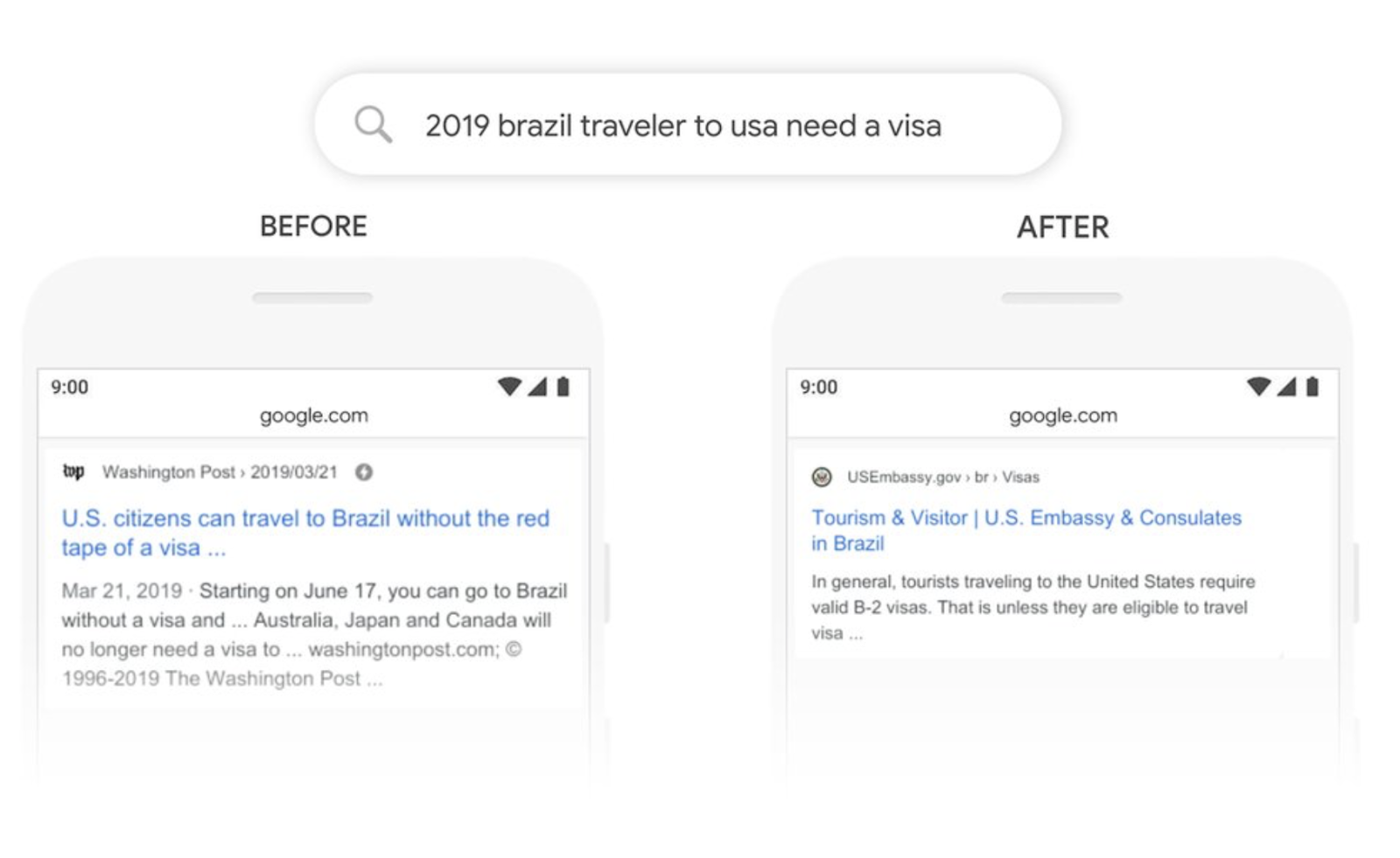
How to stay ahead of Google’s search engine algorithm updates
Jason RoyThere is only one constant about Google’s search engine algorithms, i.e., they keep changing.
Just last year, there were more than 500 algorithm updates by Google. Although some of them are big and make a lot of buzz on the internet (e.g., Google Panda, Google Penguin, Google BERT), but a lot of these updates go relatively unnoticed.
You won’t notice more than half of these search engine algorithm updates — unless you start losing a significant amount of organic traffic. Then you will probably start investigating and eventually find out about that minor algorithm update that messed up your traffic, conversions, and revenue.
While you cannot account for everything, you can build a solid SEO foundation upon which you can build a website that is capable of weathering these storms of algorithm updates.
In this blog post, we discuss:
- How to stay ahead of Google’s SEO algorithm updates, and
- How to reduce dependency on organic traffic.
Let’s begin.
The importance of core principles
Before we jump into the nitty-gritty details of what you can and should do to stay ahead of algorithm updates and protect your website from unanticipated loss of organic traffic, it is important to understand one concept:
Most of the core SEO principles remain relatively the same and largely unaffected by algorithm updates.
What it means is that if you have been following the best SEO practices, you should be generally fine. Most algorithm updates would not have a negative impact on your site’s visibility, search rankings, or organic traffic.
Here are some of these principles and best SEO practices that you should follow:
1. Avoid black hat SEO practices

This goes without saying, but one should never dabble in black hat SEO practices. Some SEOs try to game Google with black hat SEO and gain a short-term advantage. Even if they manage to manipulate a website’s search engine rankings, it won’t last long and may even lead to a manual penalty — which can be very hard to recover from.
These black hat SEO practices include:
- Keyword stuffing
- Hidden text
- Hidden links
- Cloaking
- Using private link networks
- Paid backlinks
- Doorway pages
In short, it is much better to wait and gradually build your website’s search rankings and organic traffic through white-hat SEO practices, instead of taking a shortcut and risking it all.
2. Create high-quality and relevant content
There is no alternative to high-quality content. A lot of search engine algorithm updates are about poor user experience. However, if your website has excellent and helpful content that draws engagement, you will likely survive that update without many losses.
One of the most important qualities is that your content should be relevant to your target audience and readers. This is of crucial importance because irrelevant content also negatively affects several engagement metrics, e.g., bounce rate, dwell time, average on-page time, etc.
Google’s John Mueller says this about content relevance and evolution:
“Sometimes, the web just evolved. Sometimes, what users expect evolves and similarly, sometimes our algorithms are, the way that we try to determine relevance, they evolve as well.”
This is important to remember as you try to create more relevant content for your readers. Moreover, make sure to follow the quality guidelines by Google.
The relevance of content has become even more important after the introduction of Google BERT.
Learn more about Google BERT.
3. Technical issues
Many times, a website is plagued by technical issues. An algorithm update may focus on such technical issues and bring the rankings and overall traffic down.
These technical issues may include:
- 404 errors
- Redirects
- A confusing user journey
- Problems with the robots.txt file
- Crawlability issues
- Website security
- Slow loading speed
Although all these technical issues are crucial and may have a negative impact on your website’s search engine rankings, slow loading speed may significantly affect your site’s visibility, rankings, and conversions.
Ideally, it should not take more than 1-2 seconds to load a web page. Use our free website loading speed test to check how long your site takes to load.
For most other technical issues, you can use a free tool like ScreamingFrog.
Keep your website technically sound, and you should be able to thwart many algorithm updates.
4. Keep your website information fresh
It is recommended to keep your website fresh with regular content and information. Therefore, make sure to invest some time and effort into building and maintaining an editorial calendar and stick to it as much as possible.
Maintaining a good cadence of new content is good for search engines as well as user engagement and building brand loyalty.
Moreover, ensure that your website has up-to-date information about your business, location, timings, and contact info.
5. Focus on providing an excellent user experience
In the end, it all comes down to user experience.
If your website offers a great user experience, it should be able to keep the negative effects of most algorithm updates at bay.
User experience is already a big deal in SEO. As more and more websites start focusing on higher quality content, the user experience will become an even bigger focus in the near future.
A good user experience generally depends on:
- The quality of website content
- An intuitive and easy-to-use navigation system
- A fast-loading website
- A comprehensive internal linking structure
- An intuitive and user-friendly website design
- Strategic use of colors and other visual elements
6. Pay special attention to mobile users
Mobile traffic has somewhat become even more important than desktop users. The recent shift to a mobile-first index by Google is a testament to the importance of mobile traffic.
Some algorithm updates are specifically targeted for mobile versions of websites. Therefore, make sure your site is properly designed for mobile users.
How to reduce dependency on organic traffic
Free organic traffic from search engines is often the biggest source of traffic for most websites. However, that should not be your only source.
While the above-mentioned tips will likely keep you in the good books and protect your website from sudden drops in traffic because of unexpected algorithm updates, reducing dependency on organic traffic should not be ignored.
Here are a few tips that can help you with that:
- Work on different social media websites to build your presence there. Sites, such as Twitter, Facebook, Instagram, and Pinterest, are excellent for engaging existing and potential buyers.
- No matter what, always keep work on an email list of website readers, potential leads, and existing customers. In case you start losing organic traffic because of an algorithm update, you can send personalized emails to segmented lists and get targeted traffic.
- Work on your website’s conversion rate. By doubling your conversion rate, you can potentially double your revenue — without increasing traffic. In case your site loses traffic, an increase in conversion rate would help you keep the revenue steady.
Conclusion
Search engine algorithm updates are something you cannot control. However, you can control your website, and by following the best SEO practices and recommended quality guidelines, you can make sure algorithm updates do not negatively affect your site’s rankings and traffic.
- Pricing
- Free Tools
- Articles
- Login
- Free 7-Day Trial